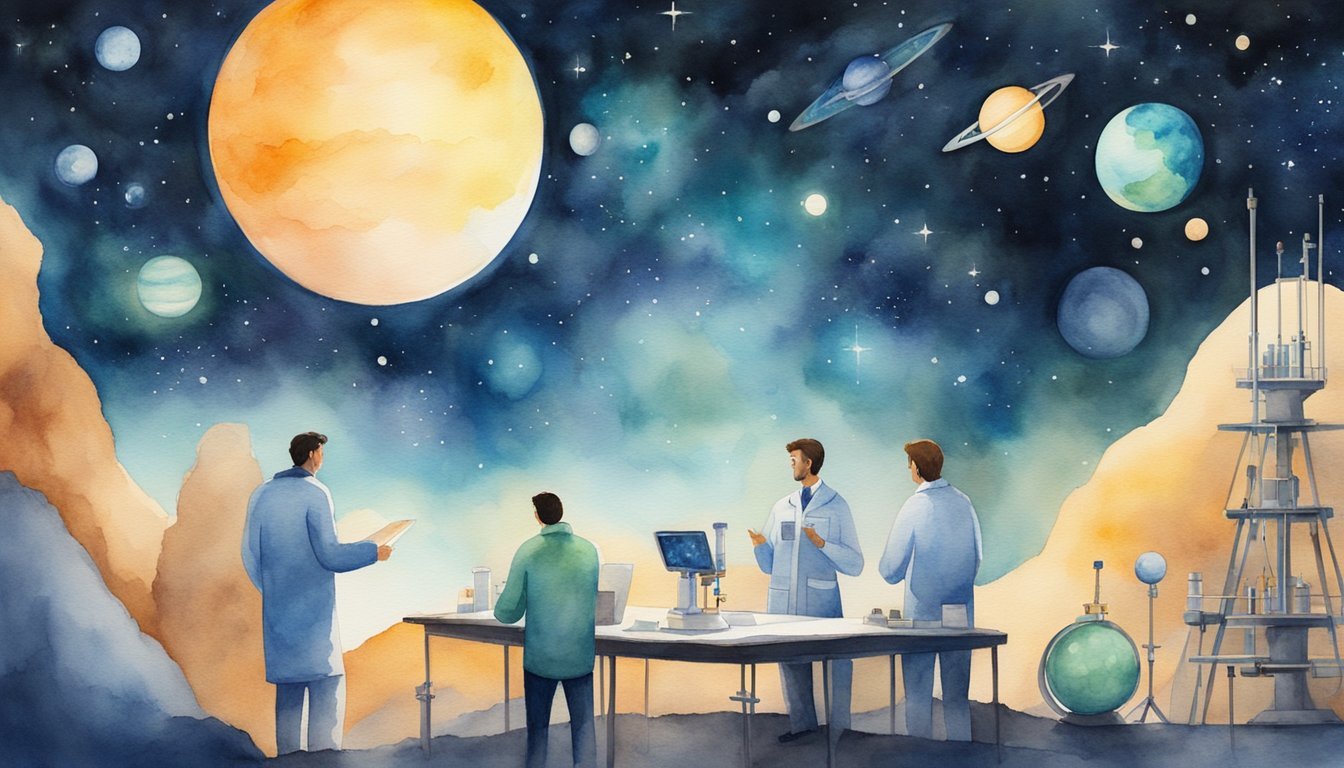Pioneering Discoveries in Biology and Medicine
The landscape of biology and medicine has been dramatically reshaped by key discoveries in genetics and innovative treatments. These breakthroughs have not only expanded fundamental understanding but have also paved the way for practical applications that save lives and improve health outcomes.
Unlocking the Secrets of DNA
In the realm of molecular biology, the uncovering of the DNA structure stands as a cornerstone of modern science. James Watson and Francis Crick’s revelation of the double helix model in 1953, with contributions from Rosalind Franklin, revolutionized the understanding of genetic information. Discovering the means by which DNA replicates, repairs, and recombines has led to seismic shifts in both research and medicine, providing insights into the very fabric of life. To appreciate the significance of this discovery, one can follow the trail of progress on DNA.
Advancements in Genetics and Evolution
Immensely influential has been the study of genes and their role in evolution. The theory of natural selection, proposed by Darwin, explained the mechanism of evolution, while the understanding of hereditary units—which came to be known as genes—bridged the gap between traits and their transmission across generations. Fast forward to the modern era, the advent of CRISPR technology has enabled precise editing of the genetic code, sparking a debate on its ethical use, exemplified by the work of He Jiankui. The discovery of ancient DNA in fossils like Homo naledi and Homo luzonensis unveils a complex picture of human evolution, connecting modern humans with their long-forgotten ancestors.
Revolution in Medical Science
The field of medicine has seen a transformation with the introduction of antibiotics, namely penicillin, changing the battle against infections. Edward Jenner’s development of the smallpox vaccine led to the first eradicated human disease, showcasing the power of vaccines. More recently, the COVID-19 pandemic demonstrated the global scientific community’s ability to respond to emerging threats by creating vaccines at unprecedented speeds, highlighting the vital collaboration between organizations like the World Health Organization and researchers worldwide. This unity in the face of a common enemy underscores the importance of medical science in world health and the ongoing fight against diseases like cancer, where understanding the role of genetics and the immune system is essential for next-generation therapies. Insights into medical revolutions can be found on this timeline.
Groundbreaking Discoveries in Physics and Space

This section encapsulates the leaps in understanding afforded by theoretical physics and the compelling advances made in the realm of space exploration and observation.
Eureka Moments in Theoretical Physics
Physics, as a field, has been transformed by profound insights into the nature of reality. Albert Einstein’s general theory of relativity, laid down over a century ago, revolutionized our comprehension of gravity and space-time. This breakthrough not only enhanced our knowledge of the vast cosmos but also laid the groundwork for later discoveries such as gravitational waves, direct evidence of which was provided by the LIGO and Virgo observatories.
Additionally, the Large Hadron Collider’s identification of the Higgs boson particle stood as an epochal moment in understanding the fundamental particles and forces that shape our universe, lending weight to the standard model of particle physics. This “God particle” discovery explains why elementary particles have mass, affirming the decades-old Higgs mechanism theory and earning a Nobel Prize for its theorists.
Milestones in Space Exploration and Observation
In space exploration, the last decades have been marked by unprecedented milestones. NASA has spearheaded missions that extend humanity’s reach, such as driving rovers across the Martian landscape and continually researching aboard the International Space Station. Both endeavors highlight our drive to understand and potentially inhabit other worlds while experimenting in the unique environment of microgravity.
Groundbreaking astronomical observations, such as those enabled by the Event Horizon Telescope, have painted a clearer image of celestial phenomena like black holes. This global network of telescopes captured the first-ever image of a black hole’s event horizon, dramatically increasing our understanding of these enigmatic giants. Moreover, the cosmos has been further unveiled by the James Webb Space Telescope, which provides insights into the universe’s origins and exoplanet atmospheres.

